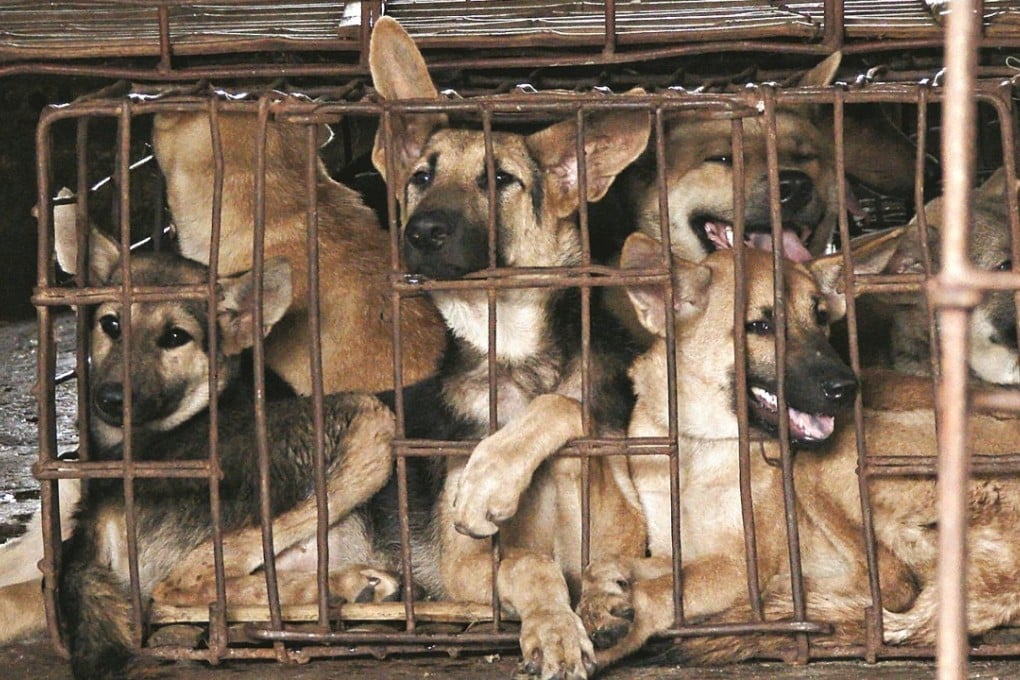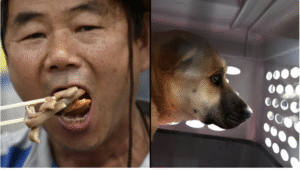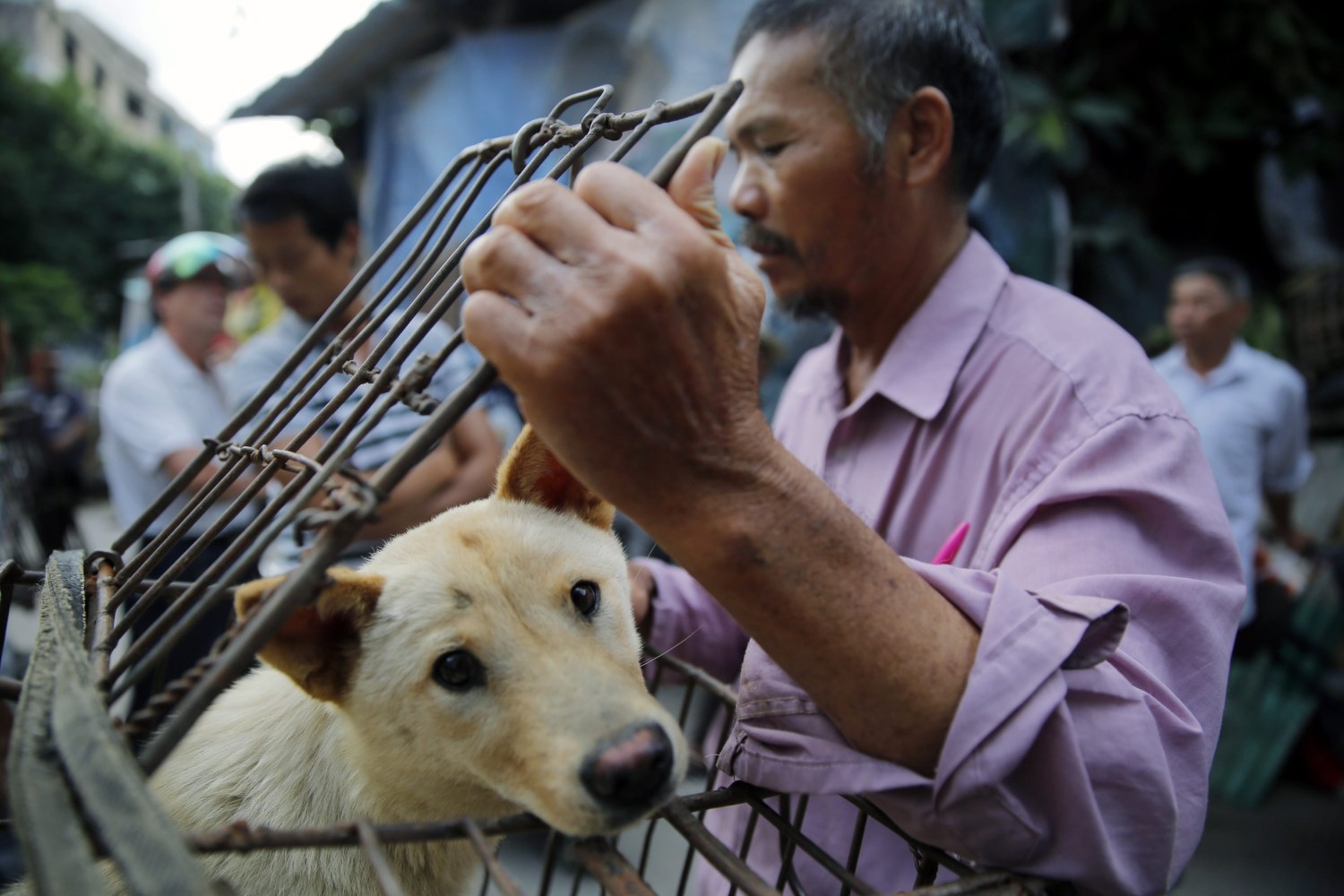Across parts of Asia, the practice of eating dog meat has sparked growing international outcry, igniting debates about culture, animal rights, and shifting societal values. Once considered a traditional delicacy in some regions, dog meat is now increasingly viewed as controversial—even within the countries where it was once widely accepted.
A Controversial Tradition
Dog meat consumption has historical roots in several Asian countries, including China, South Korea, Vietnam, and parts of Indonesia. It has been traditionally associated with health beliefs, special festivals, and local customs. For example, in China, the YulinDog Meat Festival—held annually in Guangxi province—has become a flashpoint for international criticism.
Supporters of the practice argue that eating dog meat is no different from consuming beef, pork, or chicken. They cite cultural sovereignty and claim that critics are imposing Western values on non-Western societies. “For generations, dog meat has been part of our culture,” one Yulin vendor told reporters. “Why should we be told what we can and cannot eat?”
Shifting Attitudes
However, attitudes are changing rapidly—especially among younger generations. In South Korea, once home to thousands of dog meat farms, public opinion has turned sharply against the industry. A 2023 survey showed that more than 85% of South Koreans said they no longer eat dog meat, and nearly 60% supported an outright ban.
The Korean government responded in 2024 by passing a law to phase out dog meat consumption entirely by 2027, citing both ethical concerns and changing consumer preferences. Animal welfare groups hailed the decision as a major victory.
In Vietnam, where dog meat is still sold openly in certain regions, local governments in major cities like Hanoi have begun campaigns to discourage the practice. Some districts have banned the sale of dog meat entirely, citing health risks, rabies concerns, and the negative image it gives the country internationally.

Animal Welfare Concerns
Activists argue that the dog meat trade is inherently cruel. Many dogs are believed to be stolen pets or strays, transported in inhumane conditions, and slaughtered without proper regulation. Viral videos showing terrified dogs in crowded cages or being butchered alive have fueled public outrage.
Organizations like Humane Society International, Four Paws, and Soi Dog Foundation are working on the ground across Asia to rescue dogs, lobby governments, and raise awareness about the cruelty involved.
“These are not just animals being eaten—they are often stolen companions, pets, and sentient beings subjected to extreme suffering,” said a spokesperson for an animal rescue NGO in Hanoi.
The Global Response
The international community has responded with increasing pressure. Social media campaigns like #StopYulin, #EndDogMeat, and #DogsAreNotFood have gone viral, amplifying the voices of millions who want to see an end to the trade.
Yet critics of the movement warn against cultural insensitivity and double standards. “It’s easy to criticize others while turning a blind eye to factory farming practices in your own country,” one Chinese netizen wrote on Weibo.
A Practice in Decline?
Despite deep-rooted traditions, the trend seems to be moving toward decline and eventual abolition. As urbanization, globalization, and growing empathy toward animals reshape societal norms, more communities are rethinking their relationship with dogs—not as food, but as companions.
For many, the issue is no longer just about culture or diet—it’s about compassion, ethics, and the kind of society we want to build.








